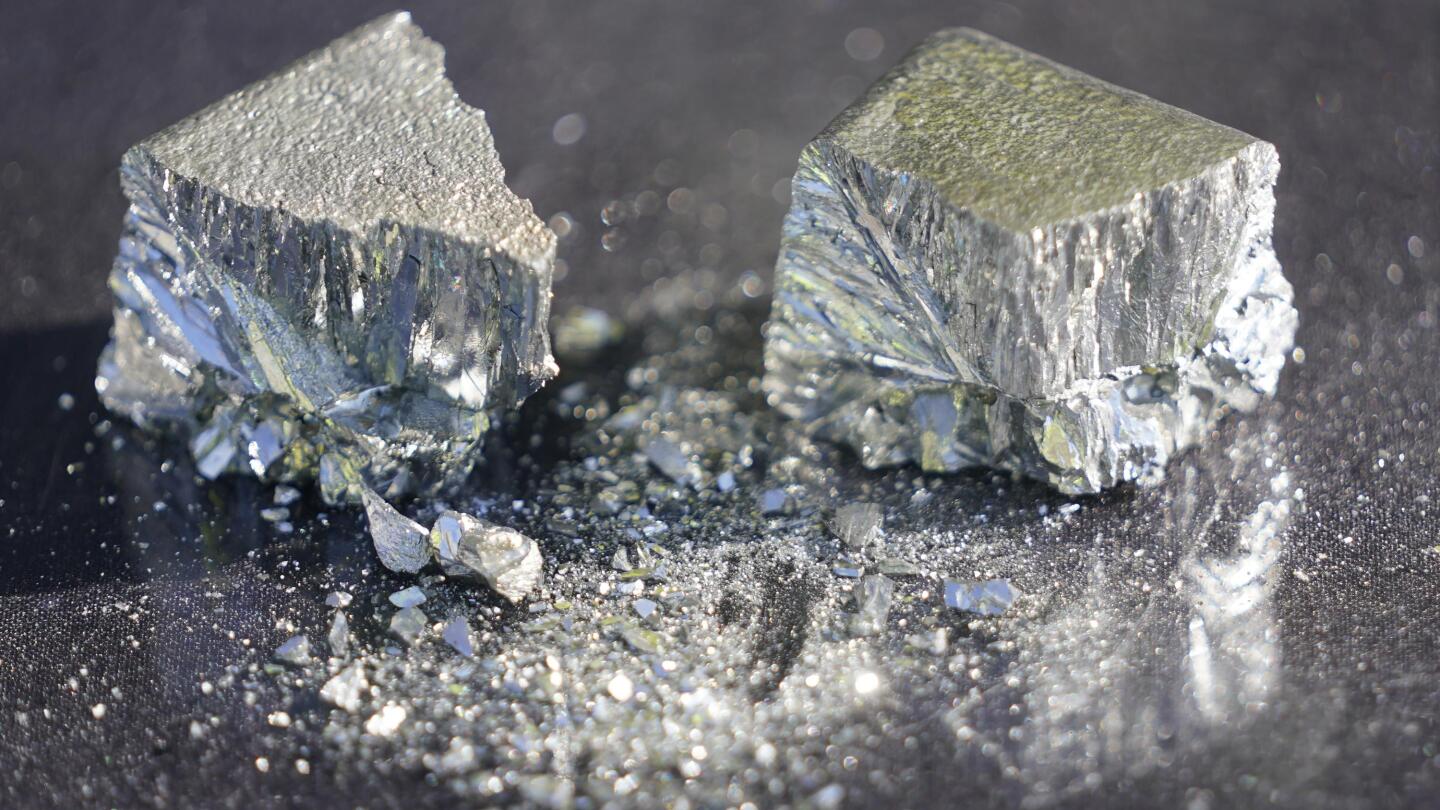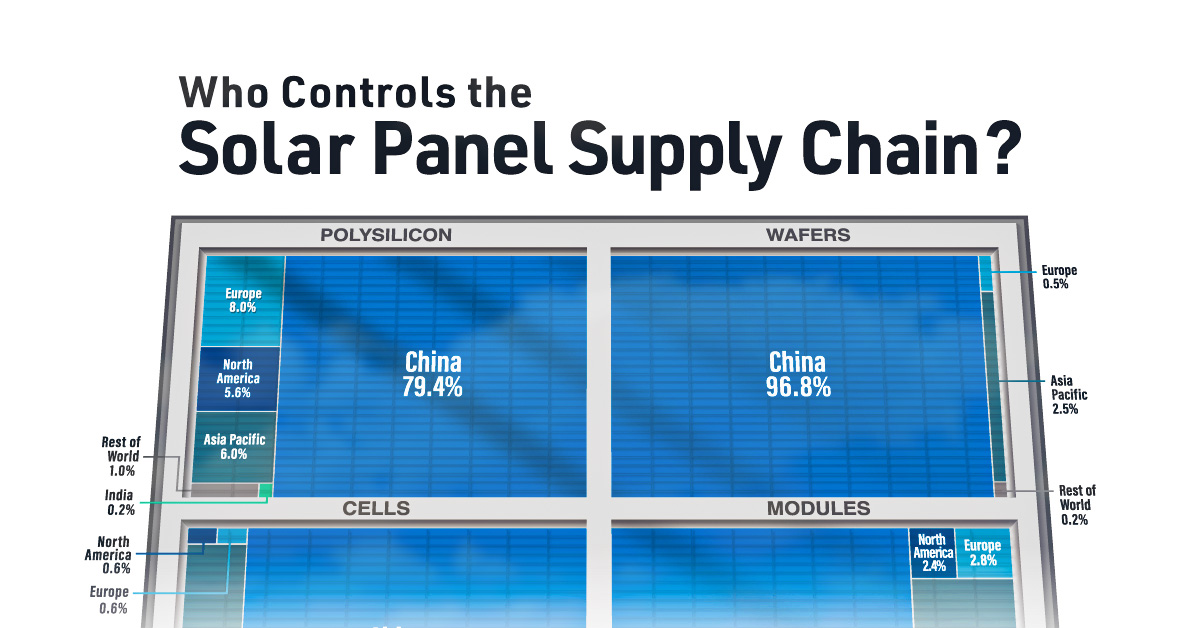Sure, but he wasn't arguing that the minerals don't exist in sufficient quantities on earth at all. It's the rates of extraction that he's concerned with, and that we won't meet any emissions targets before 2050 because the materials can't be produced fast enough to make that a reality.
Watch the first 5 minutes, pretty much sums it up.
OK, I tried... but OMG I really can't do it. I got 7 minutes in. So many red flags.
Part of the problem is that he is a physicist (like me). Physicists are not reliable arbiters of this kind of market/dynamics/engineering datasets. I have seen so many bad analyses grounded 'in physical principles'.
The whole straw man of 'we all want to be like Norway'? Um no. Norway is a hydro powered petro state. And there isn't enough global hydro.
And he says 'large hydro has 4X the return on capital as 'other renewables'... just randomly saying that other renewables won't work.
And then his first chart is on a 'primary energy' basis, that makes renewables in 2022 look 3X smaller bc fossils are <30% efficient... a 'trick' that never fails to confuse folks.
This is just a collection of fossil fuel think tank PR greatest hits... in just the 7 minutes. I'm out.
---------
FTR, if you (or someone knowledgeable) tells me that building out mining operations takes 15-20 years, and that will slow the green energy transition, I will listen. Makes sense to me.
If some silicon valley guy says that we can grow mineral production at a 40% cumulative annual growth rate bc he can do that building smart phones... um, no, I don't find that convincing.
But who the heck cares if the transition takes 5 years or 15 years or 25 years? I know it matters in terms of temps in 2100, but we are just gonna do what we are gonna have do. And we will do it as fast as we can, and already ARE.
To obsess on the slowness is just a classic 'argument of futility' in fancy new clothes. Just like all those 'solar can't be the solution bc its too slow to build'... the subject of countless presentations that hit (1) the primary energy fraction and (2) used EIA projections that are laughable. And now we know that solar is very scalable, and can be built faster than anything else! And ofc 15 years ago, there was a silicon supply crunch that lasted several years that made a jog in the falling price trajectory of solar. And yet that got resolved and here we are in a cheap/fast solar future.
Or does he have some great suggestion motivated by his analysis, like, let's invest in sodium batteries and build wind turbines with induction turbines that don't need REEs??

 apnews.com
apnews.com







 ) I have something like ivy bridge era systems. Still chugging along..
) I have something like ivy bridge era systems. Still chugging along..